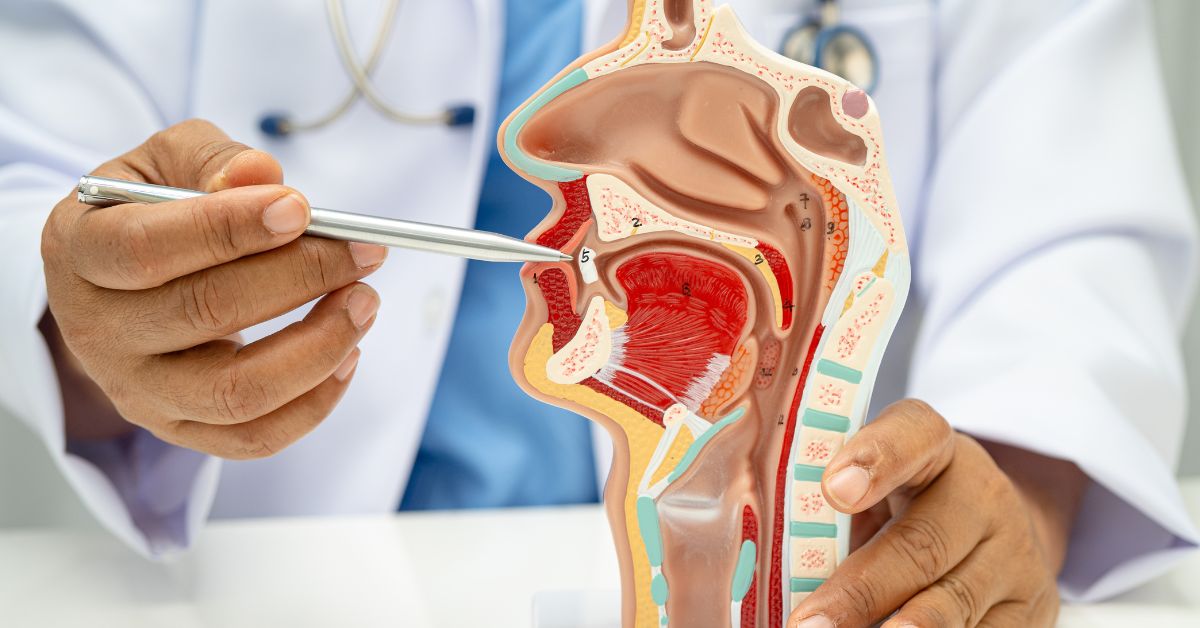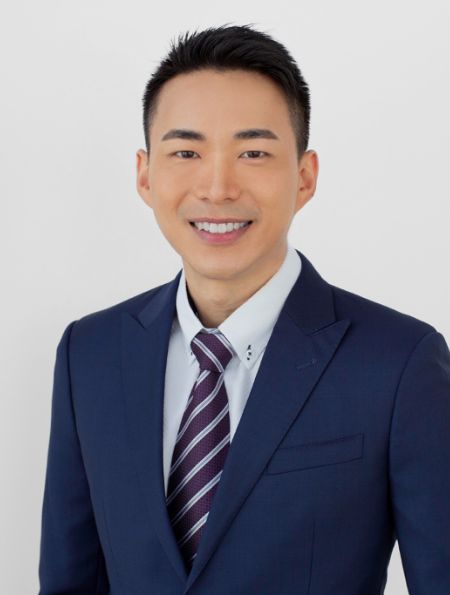Sleep apnea is a serious sleep disorder where breathing repeatedly stops and starts during sleep. For many, continuous positive airway pressure (CPAP) therapy and lifestyle changes are the first line of treatment. However, when these options do not bring relief, sleep apnea surgery may be recommended to address the physical causes of airway obstruction.
Several surgical techniques are available to help patients breathe more freely and enjoy better sleep quality.
Back to main channel: Sleep Apnea Treatment
Common Types of Sleep Apnea Surgery
1. Uvulopalatopharyngoplasty (UPPP)
UPPP is one of the most common surgeries for sleep apnea. It removes excess tissue from the throat, including the uvula and parts of the soft palate, to widen the airway and reduce vibration that causes snoring.
2. Radiofrequency Ablation (Soft Palate and Tongue Base)
This minimally invasive procedure uses controlled radiofrequency energy to shrink excess tissue in the soft palate or tongue base. It is suitable for patients with mild to moderate sleep apnea who prefer less invasive options and shorter recovery times.
3. Tonsillectomy
Enlarged tonsils can obstruct airflow during sleep. A tonsillectomy removes the tonsils, often resulting in significant improvement in breathing for patients, especially those whose sleep apnea is linked to large tonsils.
4. Oral Tongue Channeling
This procedure reshapes the tongue using radiofrequency energy or surgical instruments to prevent it from collapsing backward during sleep, a common cause of obstruction in the airway.
5. Lingual Tonsillectomy
For patients with enlarged lingual tonsils (tissue located at the base of the tongue), a lingual tonsillectomy helps create more space in the airway and reduce sleep apnea symptoms.
6. Nasal and Sinus Surgery
Nasal or sinus obstruction can worsen sleep apnea by increasing resistance in airflow. Corrective surgeries such as septoplasty (to straighten a deviated septum) or turbinate reduction (to reduce tissue swelling) can improve breathing and complement other sleep apnea treatments.
7. Maxillomandibular Advancement (MMA)
This advanced surgical technique repositions the upper and lower jaws forward to enlarge the space behind the tongue and soft palate. It is usually recommended for patients with severe obstructive sleep apnea or when other treatments have failed.
Who Is a Candidate for Sleep Apnea Surgery?
Surgery may be considered if:
- CPAP therapy or oral appliances have not been effective.
- There are structural issues such as enlarged tonsils, nasal blockage, or a small jaw.
- The patient is experiencing moderate to severe sleep apnea symptoms.
Your ENT specialist will perform a comprehensive assessment, often including sleep studies and imaging, to recommend the most suitable surgical approach.
Recovery and Results
Recovery time depends on the type of surgery performed. Minimally invasive procedures like radiofrequency ablation may require only a few days of rest, while more complex surgeries like MMA could need a few weeks.
With proper evaluation and expert care, many patients experience a significant reduction in snoring, better sleep quality, and improved daytime energy.
ENT Specialists You May Consider
If you suspect that you or your loved one has sleep apnea, early consultation with an ENT specialist is essential. The right specialist can identify the cause of your airway obstruction and recommend effective surgical or non-surgical options.

Contact us for an introduction to an experienced ENT specialist who can guide you through diagnosis and treatment for sleep apnea.
Frequently Asked Questions (FAQs)
1. Is surgery the only treatment for sleep apnea?
No. Surgery is usually recommended when lifestyle changes, CPAP, or oral appliances do not provide sufficient improvement. Your ENT specialist will help determine the best approach for your specific condition.
2. Are sleep apnea surgeries safe?
Yes, when performed by experienced ENT or sleep specialists in accredited medical centres. As with any surgery, risks such as infection, bleeding, or discomfort are possible, but these are generally manageable with proper care.
3. How long is the recovery period?
Recovery can range from a few days for minor procedures to several weeks for more complex surgeries. Your doctor will provide post-operative instructions and follow-up care to ensure safe healing.
4. Can surgery completely cure sleep apnea?
In some cases, surgery can significantly reduce or even eliminate sleep apnea symptoms. However, the results depend on the cause and severity of the condition. A multidisciplinary approach often provides the best outcomes.
5. Will my insurance cover sleep apnea surgery?
Coverage varies depending on the insurance provider and the type of procedure. It is best to confirm with your insurer or hospital’s billing department before scheduling surgery.
Disclaimer: 365Asia aims to provide accurate and up-to-date information, our contents do not constitute medical or any professional advice. If medical advice is required, please consult a licensed healthcare professional. Patient stories are for general reading. They are based on third-party information and have not been independently verified.





